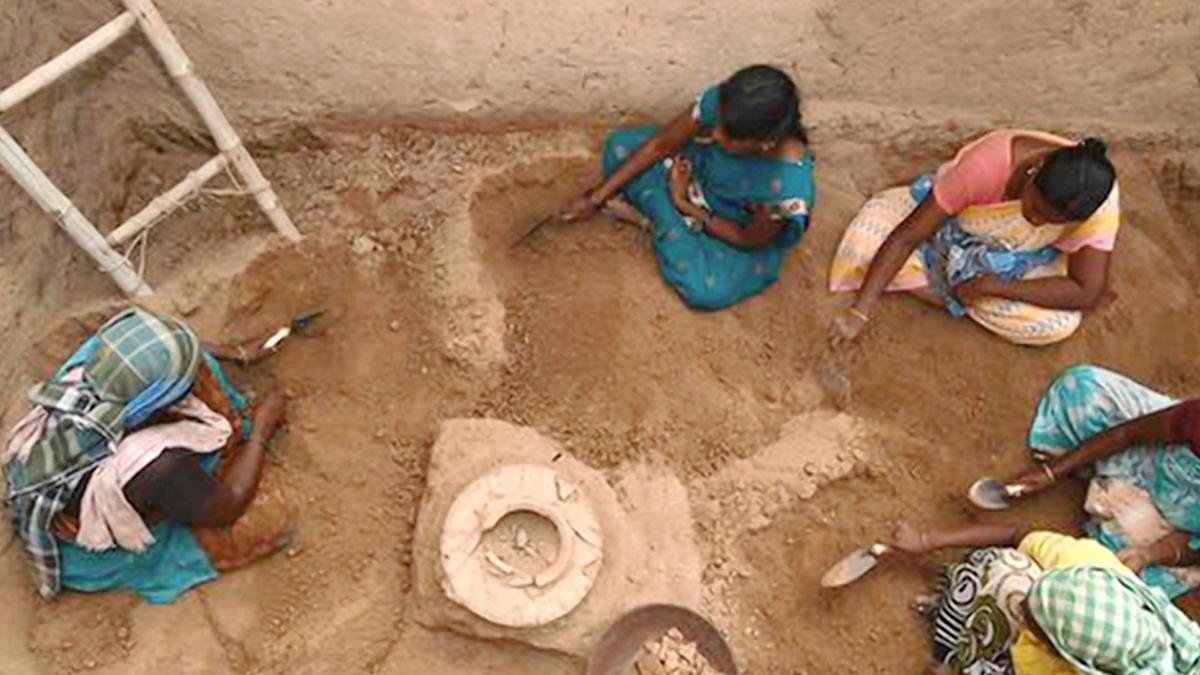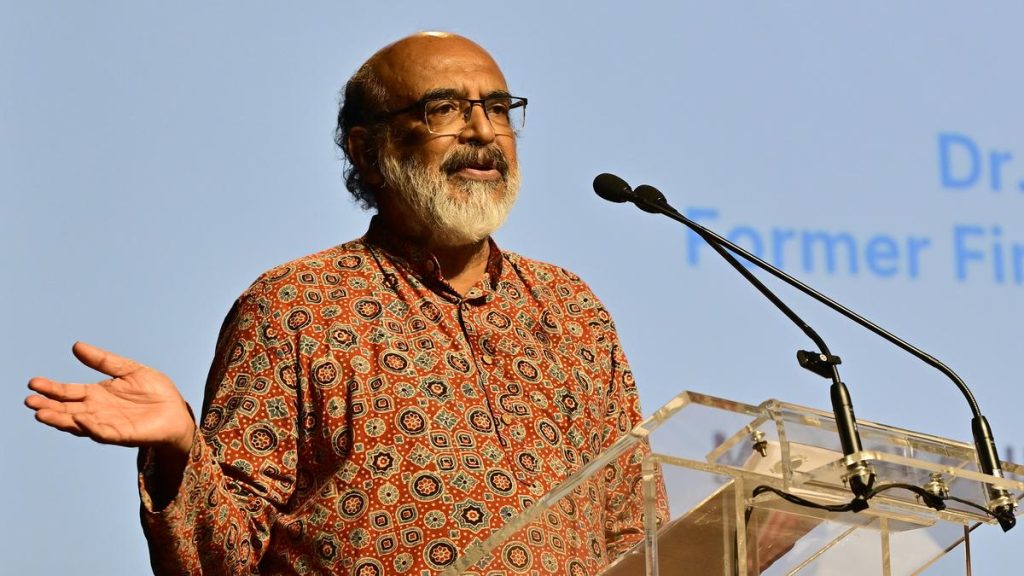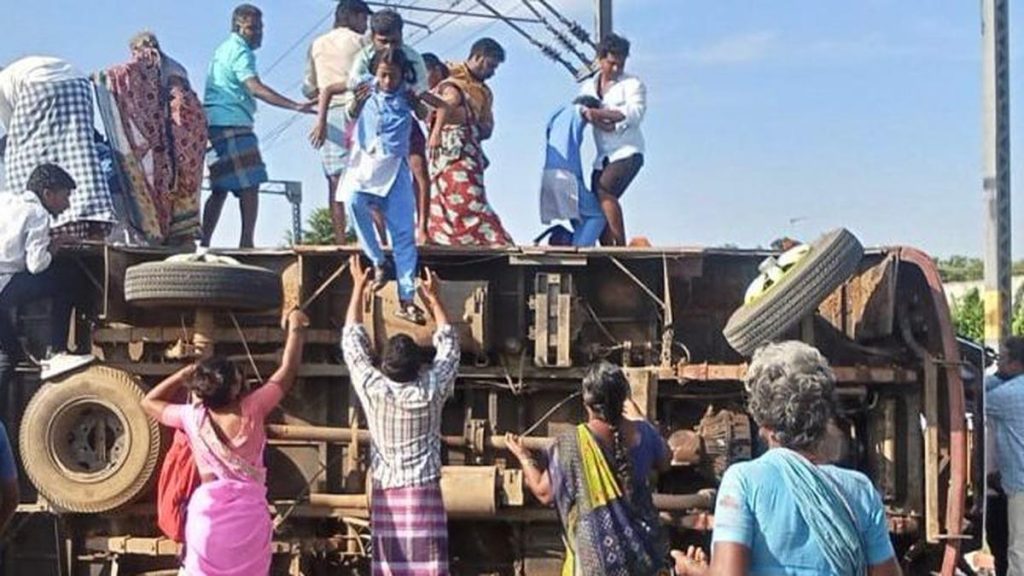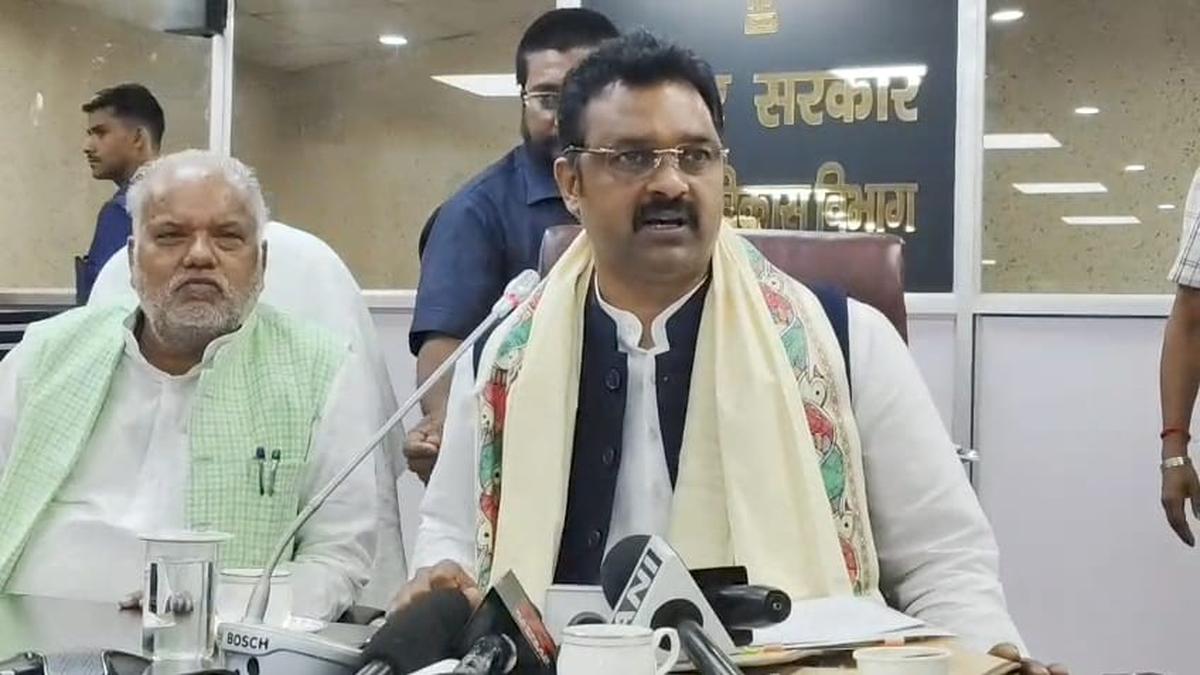Now Reading: ASI Approves Sriraman to Report on Keeladi Excavations
-
01
ASI Approves Sriraman to Report on Keeladi Excavations
ASI Approves Sriraman to Report on Keeladi Excavations

Quick Summary
- the Archaeological Survey of India (ASI) has granted retired archaeologist P.S.Sriraman permission to prepare detailed reports on the third phase of excavations at Keeladi (Sivaganga district) and one season of excavations at Kodumanal (Erode district), both conducted under his supervision.
- Mr. Sriraman retired in 2019, leaving these reports incomplete. He confirmed that all related materials are in Chennai, where he will begin work on the reports.
- Keeladi excavations,which unearthed evidence suggesting an ancient Tamil urban civilisation during the Sangam Age:
– The first two phases were led by archaeologist K. Amarnath Ramakrishna,who discovered brick structures and artefacts but was transferred to Assam in 2017.
– Mr. Sriraman succeeded him during the third phase and reported a lack of continuity in some findings from earlier phases.
– As 2017, subsequent excavation phases have been managed by the Tamil Nadu state Department of Archaeology (TNSDA). By 2024-25, these reached their tenth phase and yielded hundreds of artefacts.
- Earlier this year, ASI requested Mr. Ramakrishna to revise his report with corrections; though, he refused and stood by his conclusions.
Read More: The Hindu
Indian Opinion Analysis
The decision by ASI to allow P.S. Sriraman access to materials for pending excavation reports signifies a pragmatic step toward consolidating decades-long archaeological work at Keeladi and Kodumanal. Completing these records could harmonise differing interpretations across excavation phases while shedding more light on correlations between finds from various time periods.
Keeladi’s discoveries hold considerable significance in reconstructing India’s ancient history-particularly regarding Tamil Nadu’s potential urbanisation centuries ago-aligning with Sangam literature’s historical narratives. However, disagreements over continuity between findings underline how interpretations within archaeology depend not only on empirical artefact analysis but also subjective reasoning.
Swift resolution thru documentation may strengthen claims linking South Indian archaeological sites with early civilisational markers while bolstering public understanding rather than exacerbating academic disputes.
Read More: The Hindu























